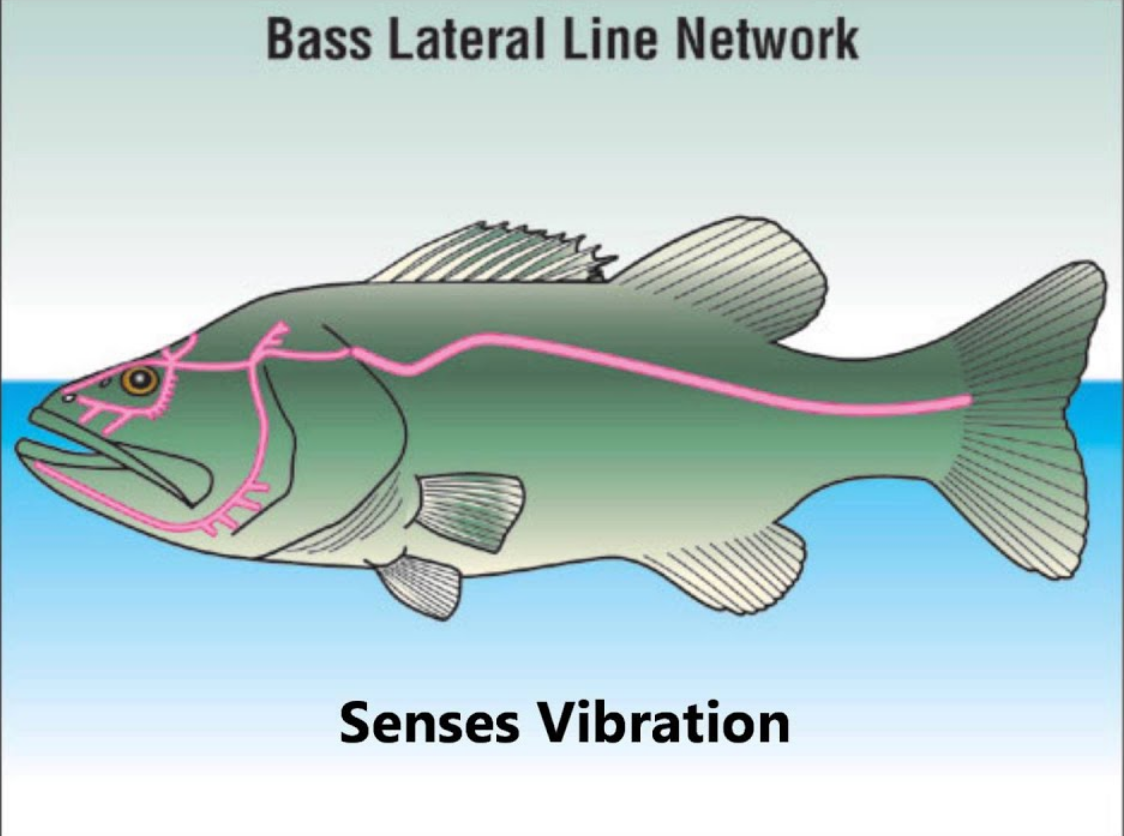Zugzwang* the compulsion to find a common baseline in sound
In conversation with Tega Brain, Natalia Domínguez Rangel, Emil Flatø, Samuel Hertz and Christina Gruber
*German for "compulsion to move", is a situation found in chess and other turn-based games wherein one player is put at a disadvantage because they must make a move when they would prefer to pass and not move. (Oxford Dictionary)
Our multi-disciplinary work session will explore how a non-human centered approach towards the use of technology can help us to tune in with our companion species and environments. As Anna Tsing understands environments to be open-ended assemblages of non-humans, living and non-living, entangled in ways of life, sound can connect. Additionally depending on the point of observation sound can be received, propagated, and perceived.
The attempt to tune-in with our environments opens possibilities to critically discuss questions of listening, talking, and connecting with all our companions, living and non-living. Listening not only includes to care for each other, but foremost to eavesdrop on other species to prevent threats.The perception of sounds also poses paradoxical challenges: Even though sound is omnipresent, we have problems to understand. Miscommunication and distortion happen constantly. Can listening become once again one of the main assets to learn about our environment? The access to vast archives of data allows the interpretation of planetary sounds using machine learning. But will this prevent further misunderstandings? How can we actively teach these systems to avoid a too strong human-centered-perspective and allow to think as a connected network resonating on Earth.


